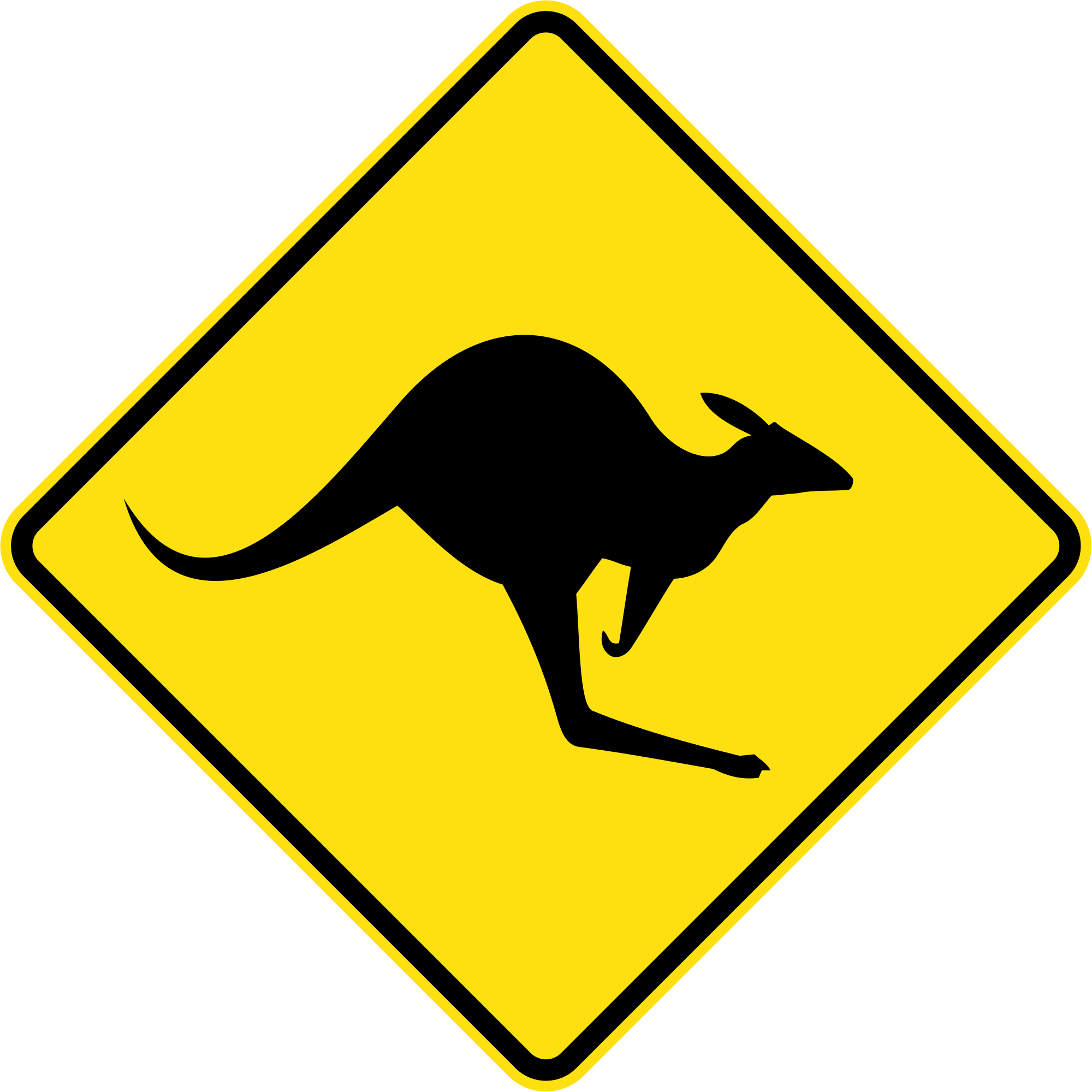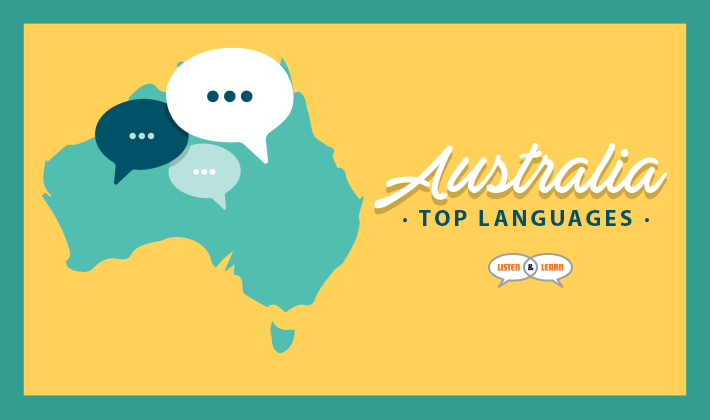Australia’s Top Languages
If we were the type of people to stereotype, we might have opened this up with a few bars of Waltzing Matilda or a raucous G’day, mate! Fortunately we are nowhere near that cringe-worthy, and to let you know that we intend to continue our look at the languages of Australia in a more dignified way, what better, subtle gesture to do that than with a little blast from one of Australia’s treasures?
There. We’ve put a song in your head for the rest of the day if nothing else. Don’t say we never do anything for you.
Moving along. A few weeks ago we looked at what seemed to be the surprising amount of languages spoken across the continent of Australia. This time, we are going to see which languages are considered the top, or most widely spoken languages of the region.
Photo via Pixabay
No surprises
Okay, so yes: English, in its Australian iteration of course, is the most widely spoken language across The Lucky Country, or Oz. With around eighty percent of the population speaking Australian English in their homes, it would be fair to assume that English really is the official language of Australia. But you know what they say about assuming: Australia in fact has no official language. And what is more, whilst it does have a very distinct accent and vocabulary that sets it apart from American and British English, Australian English doesn’t appear to be one of the versions of English offered to students wishing to adopt English as a second language. Appalling.
So now that we’ve had the predictable, let’s move on to some other languages that have the highest representation in Australia according to the 2011 census.
Highest of the high
Or in other other words, languages with more than 100,000 speakers. ‘Chinese‘ comes out on top, with Cantonese listed as having 244,553 and Mandarin as 220,601. Perhaps this is a reflection of Cantonese being more widely spoken in the south of China than the north, and immigration somewhat easier by the relatively closer proximity to Australia.
Our next top Australian language is Italian, with 316,890 speakers, making up some 1.4% of the entire population. Next to this is Vietnamese (278,236), Greek (252,220) and Arabic (243,662); a wide range of global languages on the spectrum.
Learning a new language? Check out our free placement test to see how your level measures up!
Middling ground

Photo via Wikimedia
On to the next most widely spoken languages, with numbers of speakers below 200,000 but above 50,000. Macedonian has fairly strong representation in Australia, with 95,365 people stating that they speak the language at home. Popular European languages make an appearance next, with French at 93,593, Spanish at 78,878, and German at 76,443, just missing out on a place in the top ten.
Now, as lists on the internet are want to do, the top ten most widely spoken languages of Australia tends to differ depending on the source you are reading. Some lists shuffle those we have already listed around, removing one or two of them and replacing French and Macedonian completely with Hindi and Tagalog.
Those languages that are placed lower than number ten on popularity lists shift around quite a bit more, however four that see a regular mid-table status tend to be: Serbian with 67,836 speakers, Croatian with 63,611, Polish with 53,387 and Turkish with 50,693.
Speculation

Photo via Wikimedia
Now, looking at the very most popular of Australia’s languages appearing in the 2001, 2006 and 2011 censuses, there appears to be very little change at the top, although Italian speaker numbers have dropped relatively significantly from 1.9% to 1.4%. 2016’s census results are at this point not yet available, but given the previous trends it may be safe to assume no real alteration in the patterns we have been seeing.
However, the 2021 census may be taken in an entirely different world. Will English increase its number of speakers because of an influx of Americans escaping Trump and Brits fleeing Brexit? Will overall figures for Chinese fall due to changes in immigration policy and growing strength back in China? Will outlier language representation fall considerably given Australia’s current stance on immigration? And what will happen to Australia’s indigenous languages, once richly diverse with more than 400 original languages spoken but now down to around seventy?
There lies a bumpy road ahead! Let’s leave on another musical note with yet another firm favourite from Australia: what are your predictions for the future languages of your country?




